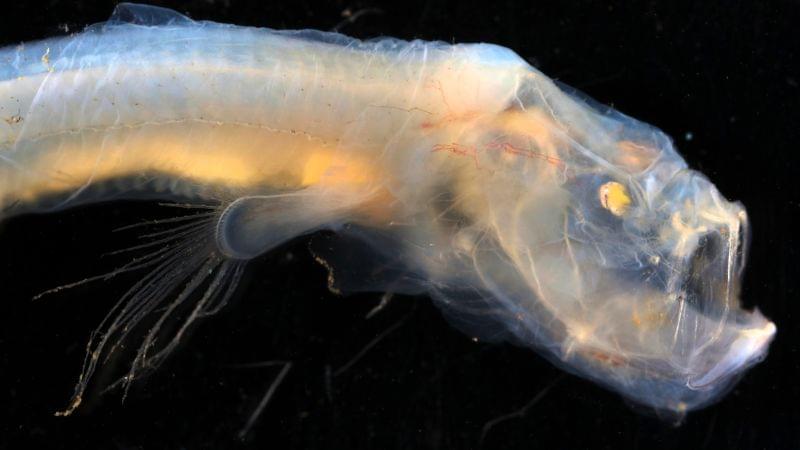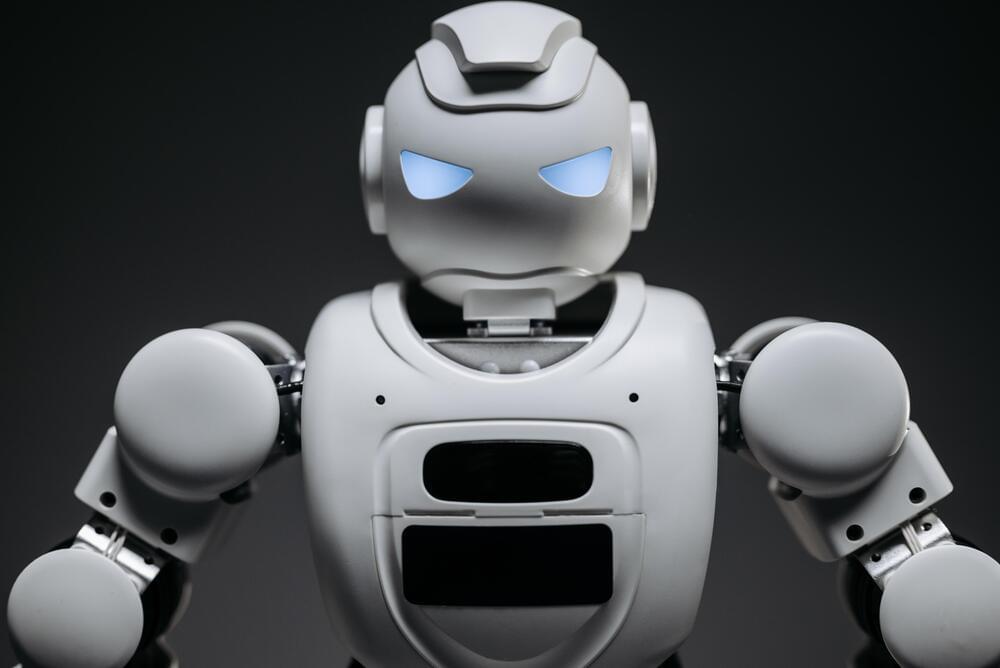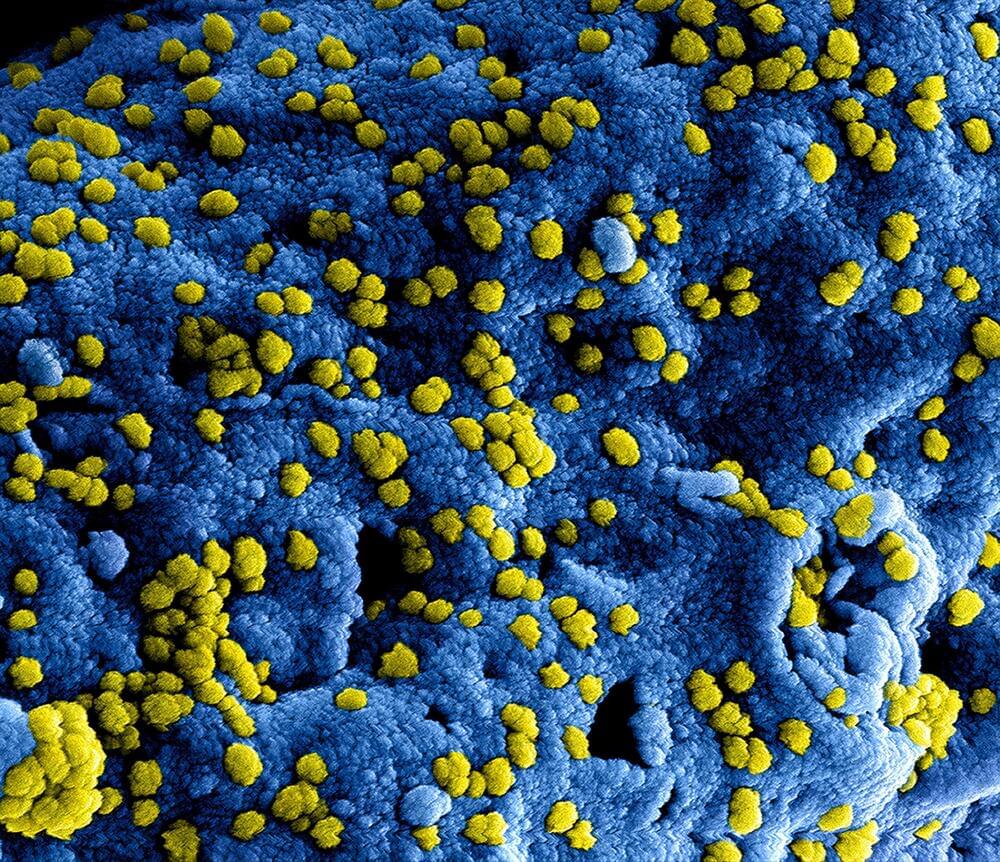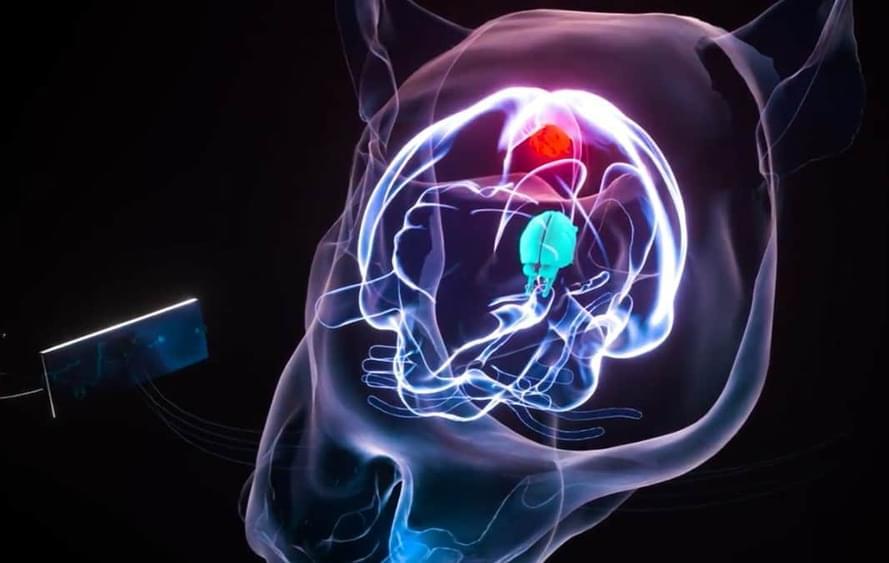It will be the sight of astronauts on the moon, their gaze drawn to the strange movements of planet Earth and its sun, something that is sure to be an amusing sight for future NASA astronauts at the moon’s south pole.
This visualization shows the unusual movements of the Earth and the Sun as seen from the South Pole of the Moon. The animation compresses three months (a little over three lunar days) into two minutes. The virtual camera is on the rim of the Shackleton crater, partially visible in the lower right, and is pointed at Earth. The mountain on the horizon, some 85 miles away, is unofficially known as Mons Malapert.
Here, the Sun glides across the horizon, never more than 1.5 degrees above or below it, while the Earth bobs up and down, never straying from 0° longitude. The Earth appears to be upside down and spinning backward. The Sun’s perpetually low angle casts extremely long swirling shadows over the rugged lunar terrain.
In the second month of the visualization, the Earth passes in front of the Sun, creating an eclipse. For observers on Earth, this is a lunar eclipse, in which the Moon passes through the shadow cast by the Earth. However, seen from the Moon, it is an eclipse of the Sun.
Video Credit: NASA Goddard Space Flight Center Visualizations by: Ernie Wright (USRA) Narrated by: Ernie Wright (USRA) Produced and Edited by: David Ladd (AIMM) Principal Scientist: Noah Petro (NASA/GSFC) Technical Support: Laurence Schuler (ADNET), net. /Jones (ADNET)
Music provided by Universal Production Music: “Enwhileing Faith” — Frederik Wiedmann.
https://svs.gsfc.nasa.gov/4944. https://nasa.gov/multimedia/guidelines.
Godard of NASA.





